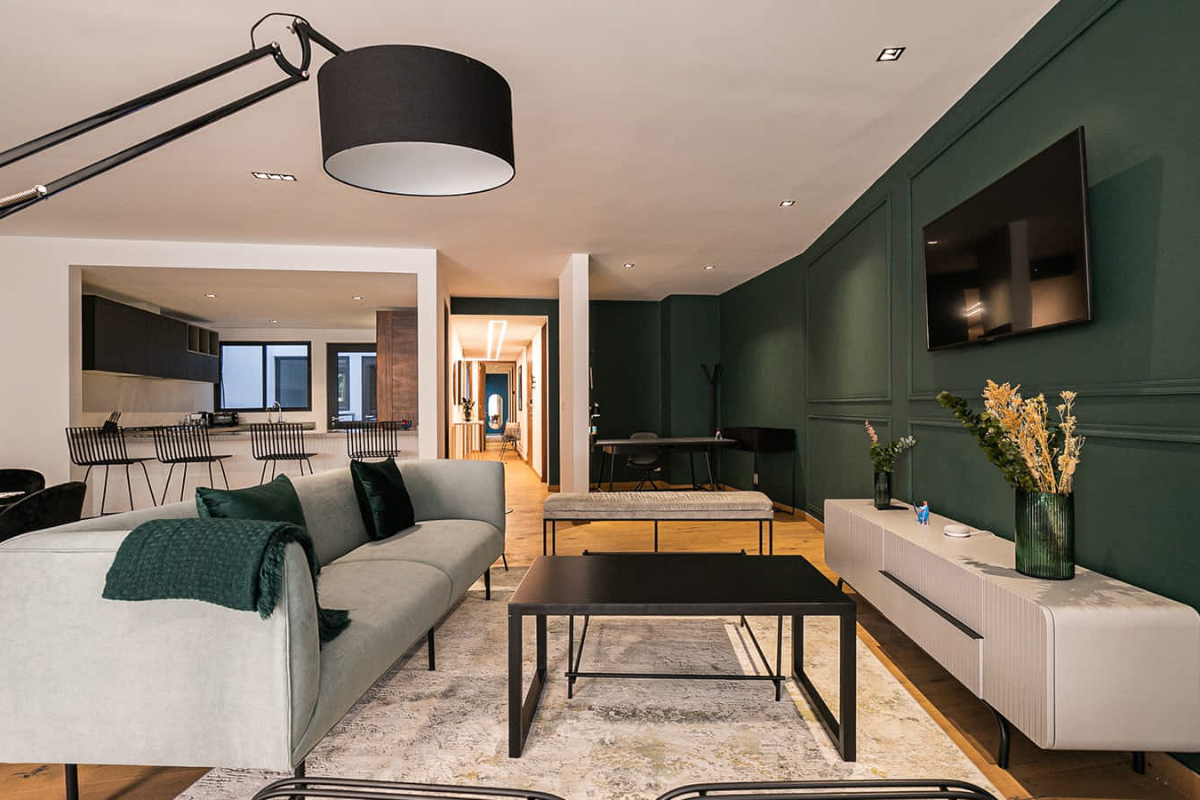Skift Take
Lodging startup Casai, which is like a Sonder for Latin America, has bought a vendor of smart home tech. The deal is one of the more notable examples of hospitality companies trying to secure their supply lines.
Casai, a Mexico City-based startup that professionally runs short-term rentals as hotel-style lodging, has acquired a São Paulo-based tech vendor, LoopKey, to assure its supply of hardware and software to manage guest access to its units.
The companies didn’t reveal the deal terms. The acquisition has closed and met regulatory hurdles.
“Access control solutions are mission-critical,” said Casai co-founder and CEO Nico Barawid. “If a side table is delayed, we can launch an apartment without it. If a smart lock is delayed, we will delay the launch of an apartment.”
Supply issues because of pandemic-related disruptions are plaguing many hospitality companies along with other industries. In January Kayak CEO Steve Hafner said at a Skift megatrends event that deliveries of smart guest locks for its new Kayak Miami Beach Hotel run by Life House were delayed from China by a half-year.
LoopKey, founded in 2014 with ties to the engineering team at the University of Brasília, had only raised a small amount of seed funding. In the past year, it granted guests access to rooms more than 3 million times, mainly at lodging brands similar to Casai, such as Charlie, Housi, and Nomah. LoopKey will keep operating independently, and it will start serving Mexico.
In 2020, Casai raised $23 million in equity funding, led by Andreessen Horowitz. As of March 2022, the startup has hosted more than 30,000 guests, and it now has about 1,400 units in a half-dozen cities in Mexico and Brazil.
Guest Access Tech Built for Uncertain Conditions
Many vendors have long provided electronic locks and keys to hotel operators and vacation rental property managers. What’s new is owner interest in remote access and keyless entry, two types of guess access that can cut labor costs but that typically require internet-based services.
LoopKey said it stands apart from many rivals by being built to handle situations where a remote property might have interruptions to internet access.
“We built our technology so that an operator can manage guest access remotely even if the location doesn’t have a steady internet connection,” said Pedro Salum, co-founder and CEO of LoopKey.
The vendor uses a mix of cloud computing and local area networks.
“We have a cloud-based management software that defines all the rules for access all entryways in a building or across a portfolio for things like cleanings and maintenance as well as for guests,” Salum said. “The rules and a mix of passcodes are set in advance, essentially, and then can work locally if internet access is interrupted.”
The remote access will be a growing selling point for Casai. For guests, keyless entry is a convenience that is a real market differentiator for guests in many Latin American markets. For operators, the tech helps cut labor costs while providing security.
“We are moving toward offering a full-stack hospitality operating system for the landlords that partner with us, so this deal serves the landlords as well as the guests,” Barawid said.
Another key selling point for the locks is its use of smartphones
“Our deployment of totally different from other companies in that we also rely on smartphones, ” Salum said. “Your smartphone that has our SDK [software development kit] inside connects to the access gateway via our cloud-based system, which is a different approach than what’s common.”
Ask Skift Is the AI Chatbot for the Travel Industry
Go deeper into the business of travel with Skift’s new AI chatbot.
Have a confidential tip for Skift? Get in touch
Tags: brazil, casai, future of lodging, keyless entry, mergers and acquisitions, short-term rentals, startups
Photo credit: Image of a short-term rental apartment in Mexico that's professionally managed by the startup Casai. Source: Casai.
